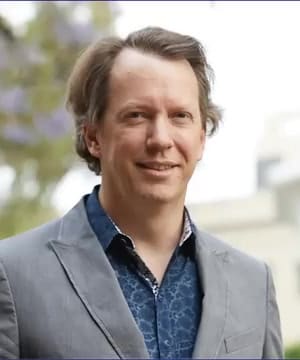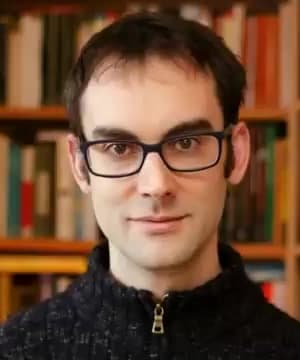Simulation theories
Sources:
Simulation theory posits that our reality might be a computer-generated simulation by a more advanced civilization. Here are some key insights from various experts:
-
Philosophical and Practical Considerations:
- Stephen West discusses how simulation theories can be seen as modern-day religions, with people attributing unexplained coincidences to being glitches. He questions the effort it would take to create such a vast universe for experimental purposes, proposing it might be inefficient yet potentially necessary for accuracy 1. Another theory he mentions is that the simulation might not necessarily aim to produce intelligent life but to study universal constants like gravitational anomalies 2.
-
Technology and Simulation Probability:
- Joe Rogan and guests discuss the idea from Nick Bostrom that the probability of us living in a simulation increases with the number of potential simulations created by advanced civilizations. Given the rapid advancement in our technology and the number of planets that could harbor life, they suggest it’s plausible that simulations indistinguishable from reality will eventually exist 3.
-
Scientific Perspectives:
- Sean Carroll challenges the logic behind simulation theory, particularly the assumption that our universe's age can be used to argue for it being a simulation. He believes that if simulators wanted to trick us into thinking the universe is 14 billion years old, simulating from the Big Bang forward would be simpler and more logical 4.
-
Energy and Theological Implications:
- James Altucher explores the potential for falsifying the simulation theory through high-energy particles and the properties of protons and neutrons. He also discusses the possible motivations for creating simulations, drawing parallels with theological questions about creation's purpose 5.
-
Evolving Thoughts on Simulation Theory:
- Neil deGrasse Tyson mentions a shift in his perspective, now believing there is a greater chance than previously thought that we are not living in a simulation. He invites viewers to check an explainer video for more details 6.
-
Simulations in Physics:
- Andrew Pontzen and Sean Carroll discuss simulations' role in theoretical physics, particularly in interpreting data from experiments like those at the Large Hadron Collider. They agree that simulations are tools for enhancing theoretical predictions, blurring the lines between theory and experiment 7.
These discussions reflect the diverse views and ongoing debates surrounding the simulation theory within both philosophical and scientific communities.
RELATED QUESTIONS-



